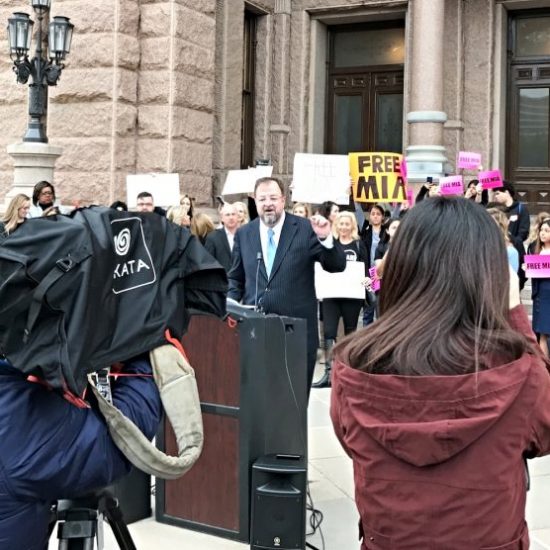Human trafficking offenses in the U.S. increased slightly in 2017, according to the FBI’s annual “Crime in the U.S.” report released on Sept. 24.
There were 1,220 trafficking offenses reported by U.S. law enforcement in 2017, up from 1,196 in 2016.
 (Pixabay)The majority (994) involved commercial sex acts, with the other 225 offenses being cases of involuntary servitude. Puerto Rico reported one trafficking offense in 2017 that was uncategorized.
(Pixabay)The majority (994) involved commercial sex acts, with the other 225 offenses being cases of involuntary servitude. Puerto Rico reported one trafficking offense in 2017 that was uncategorized.
The national Uniform Crime Reporting (UCR) human trafficking data collection is the basis for these statistics compiled in the report.
Law enforcement officials submit data into the UCR in order to create a database reflecting crime rates and types nationwide.
Just under half (545) of the total offenses reported were cleared.
“An offense is cleared by arrest, or solved for crime reporting purposes, when at least one person is (1) arrested, (2) charged with the commission of the offense and (3) turned over to the court for prosecution,” the report said.
An offense is also marked as cleared if the offender dies, is prosecuted by a state or local authority, extradition is denied or prosecution is denied.
Texas had the highest number of trafficking offenses (312) in 2017, up from 257 in 2016, which was the highest number of any state that year.
At 173, Minnesota had the second-most offenses again in 2017, down from 253 in 2016.
The other states with 50 trafficking offenses or more reported in 2017 were Arizona (99), Florida (89), Tennessee (79), Wisconsin (65), Louisiana (61) and Colorado (56).
There were 289 trafficking offenses reported collectively by the other states and U.S. territories included in the report.
Data was not provided from several states, which is the result either of a state not including instances of trafficking in its data collection or using collection methodologies out of compliance with national UCR guidelines.
“It is important to note that these data represent only one view of a complex issue – the law enforcement perspective,” the report noted. “However, due to the nature of human trafficking, many of these crimes are never reported to the local, state, tribal and federal LEAs [law enforcement authorities] that investigate them.”
The full report is available here. The human trafficking data is available here.
This article originally appeared on EthicsDaily.com.

